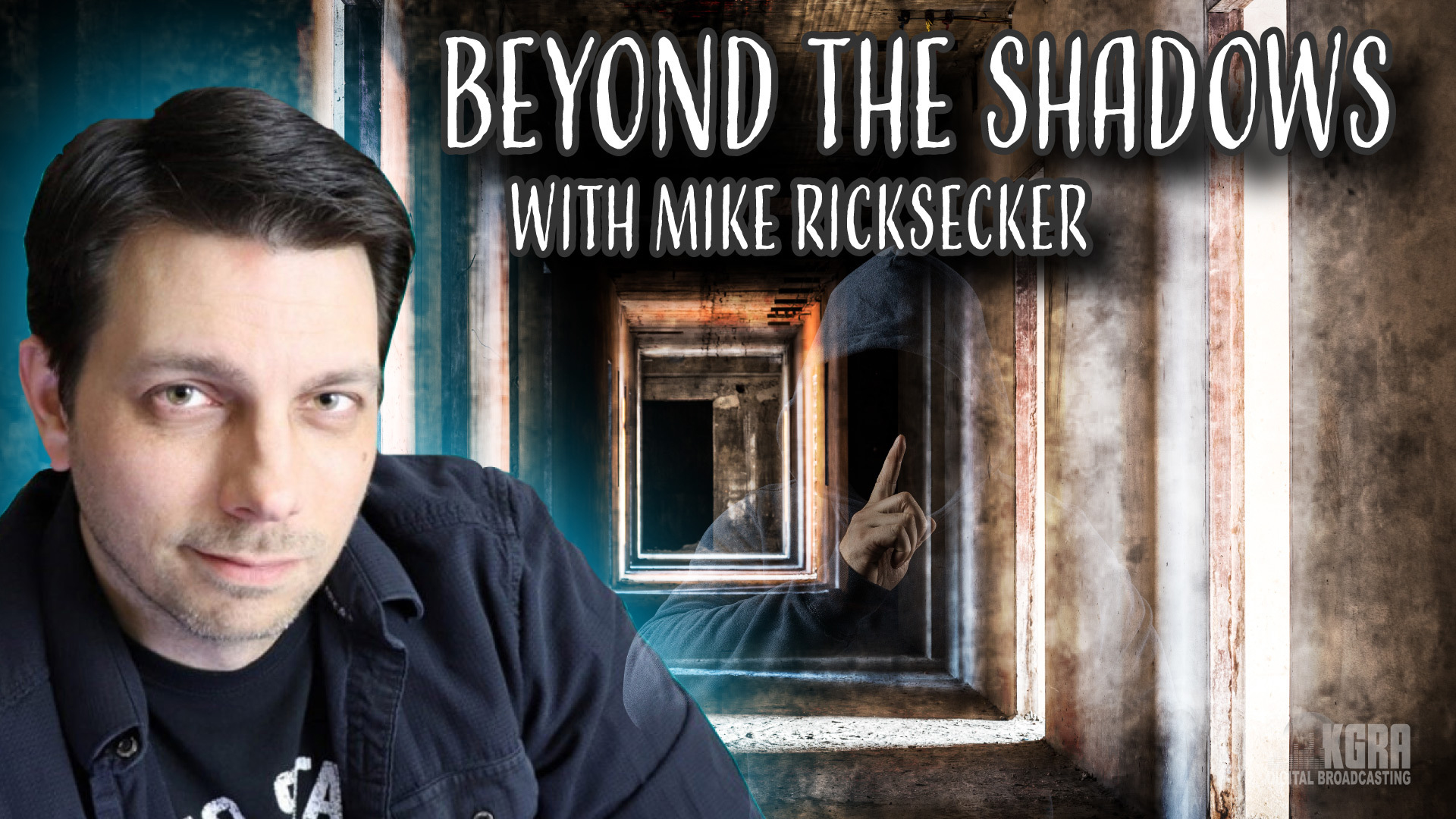· i recently discovered that the quote if the truth shall kill them, let them die is falsely attributed to kant, and actually stems from ayn rand paraphrasing kant [1] [2] which work/passage could. · relativism is the doctrine that knowledge, truth, and morality exist in relation to culture, society, or historical context, and are not absolute. Then what is the difference? But still curious about the difference between both of them. As translated from notebooks, summer 1886 – fall 1887, in the portable Physical facts can be verified. Perspectivism is the theory that knowledge of a subject is inevitably partial and limited by … · the problem, however, is to determine what is real. Are they synonym or have specific difference? There are other ways true statements can be used in deception, like omitting crucial information or using language ambiguity, but to me it feels that the meaning of true statement and lie statement would not apply for that. But what about opinions which, over time, A related but distinct theory is the semantic theory which holds that truth is a property of. · it is commonly agreed that there is a clear distinction between fact and opinion. · so now bobby says the opposite of their beliefs (a lie), but at the same time says an objective truth. Truth is what the singer gives to the listener when she’s brave enough to open up and sing from her heart. I came across this philosophical thought. · 4 whether truth can exist without language and that truth is an objective reality that exists independently of us are not opposed claims, although they dont imply one another. For instance, for plato truth describes reality, but neither truth nor reality are equated, for him, with the physical/material states of being that most people view as constitutive of reality. Opinion varies and may be based on faith. · in summary truth emerges only after more thorough philosophy is gained, from east to west everyone has their own intuitive idiosyncratic notion of truth, thus its nature is highly dependent on ones entire metaphysical or epistemic system. · apologies if this question has been asked before, i looked at similar ones and couldnt find one that answered this exact question. There are no facts, only interpretations written by friedrich nietzsche (1844-1900). Is there such a thing as truth completely independent of conditio. In our daily life, in general conversation, we generally use these both terms interchangeably. A platonist would tell you that language, like other mental objects, exists in the ideal realm whether people are around to think about it or not.
The Truth About David Dahmer A Life Beyond The Shadows The Full Story
· i recently discovered that the quote if the truth shall kill them, let them die is falsely attributed to kant, and actually stems from...



